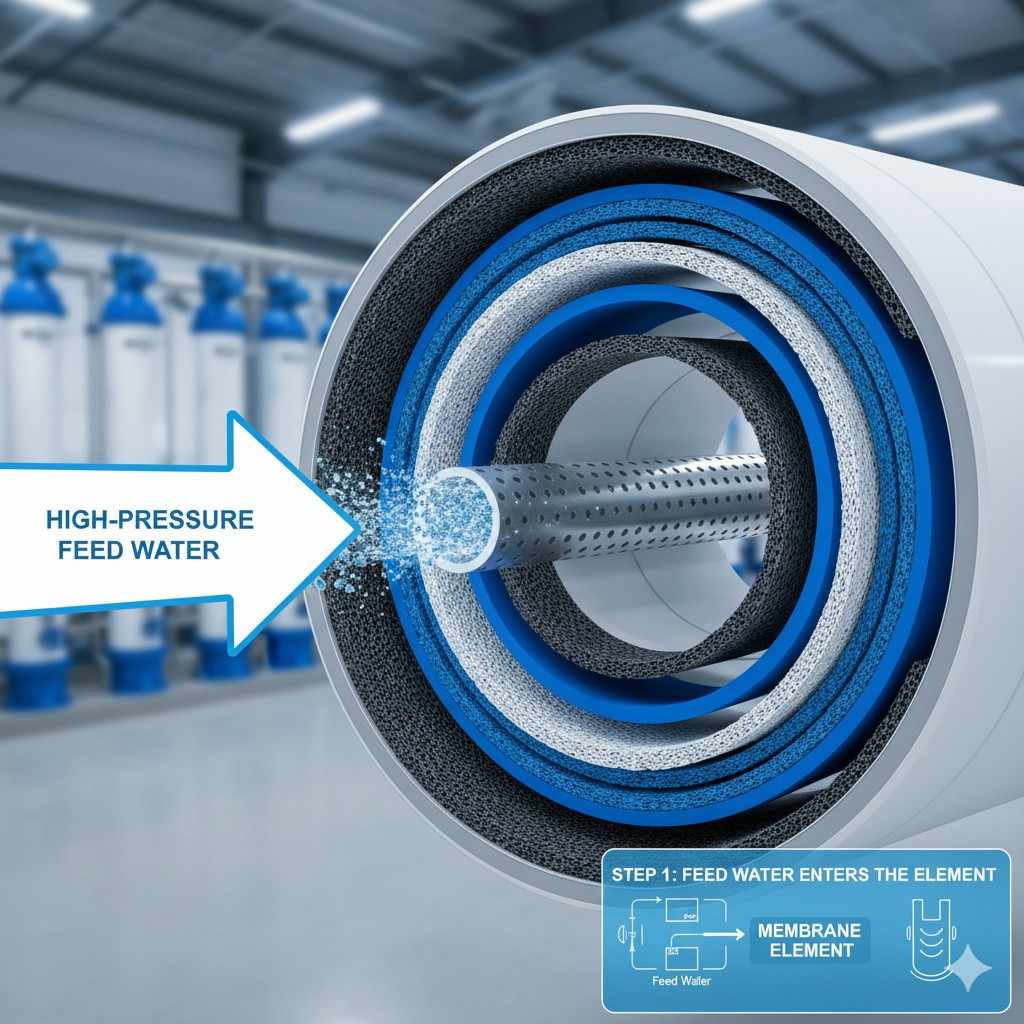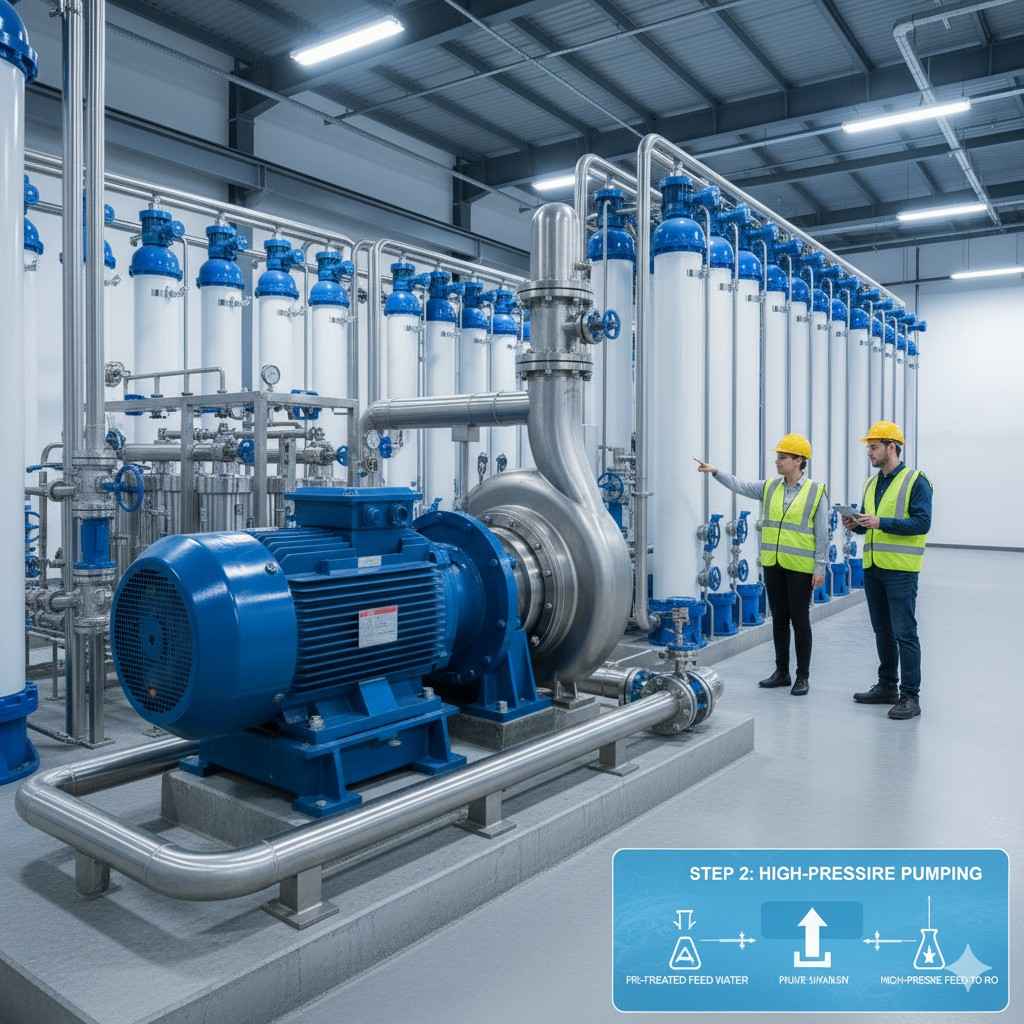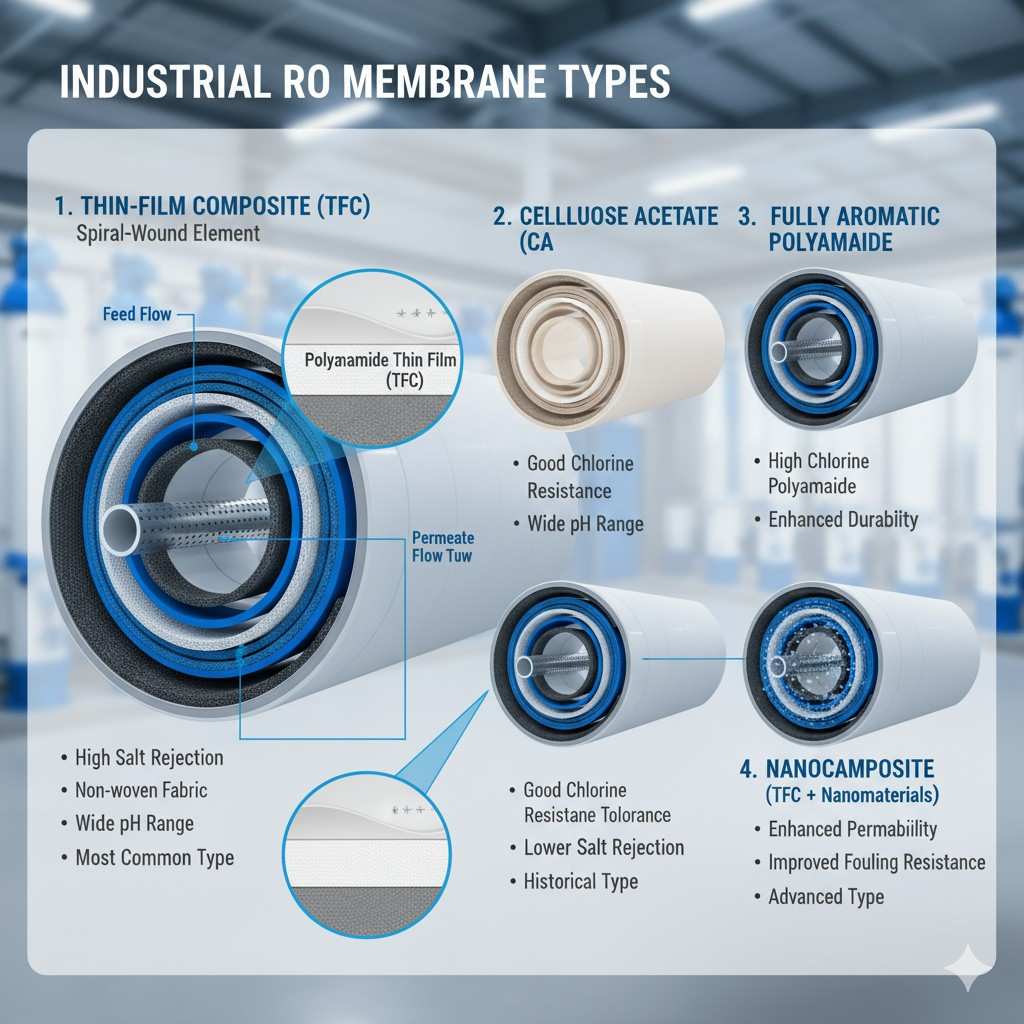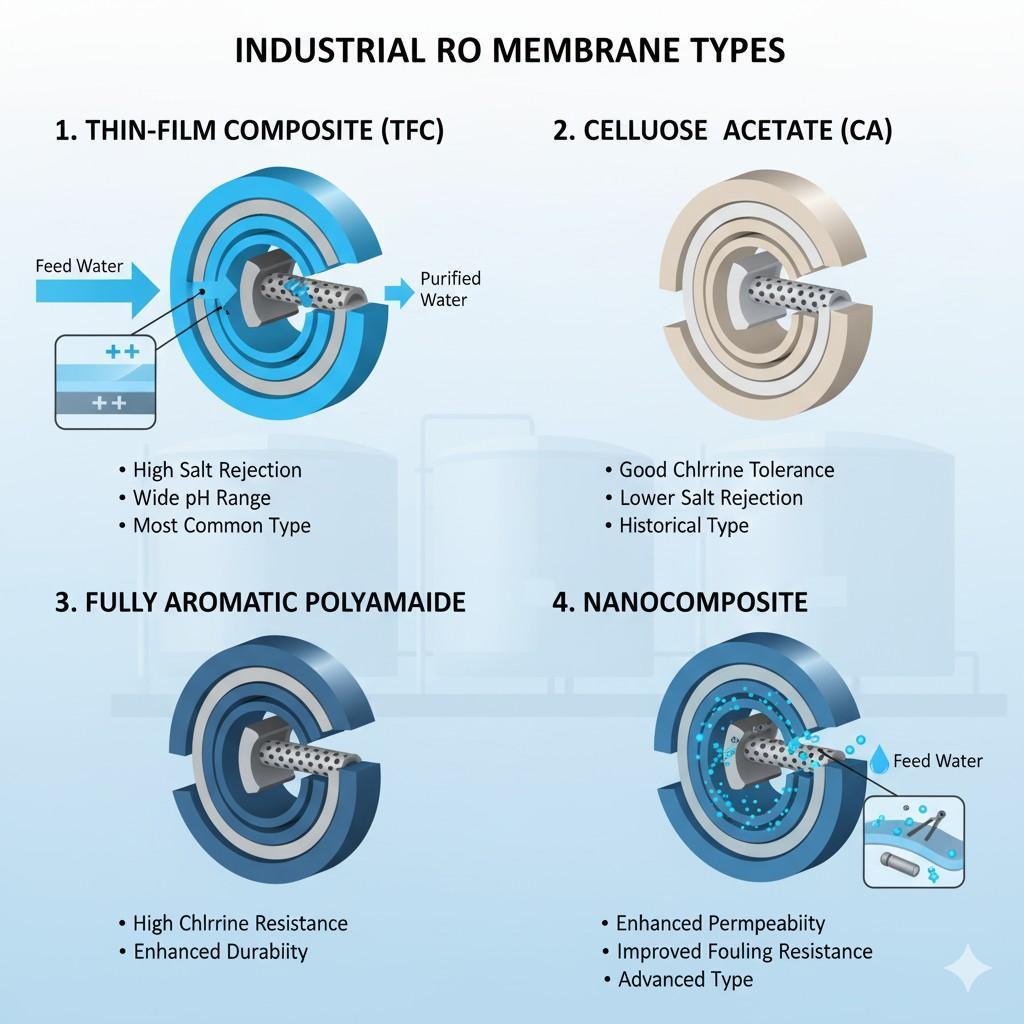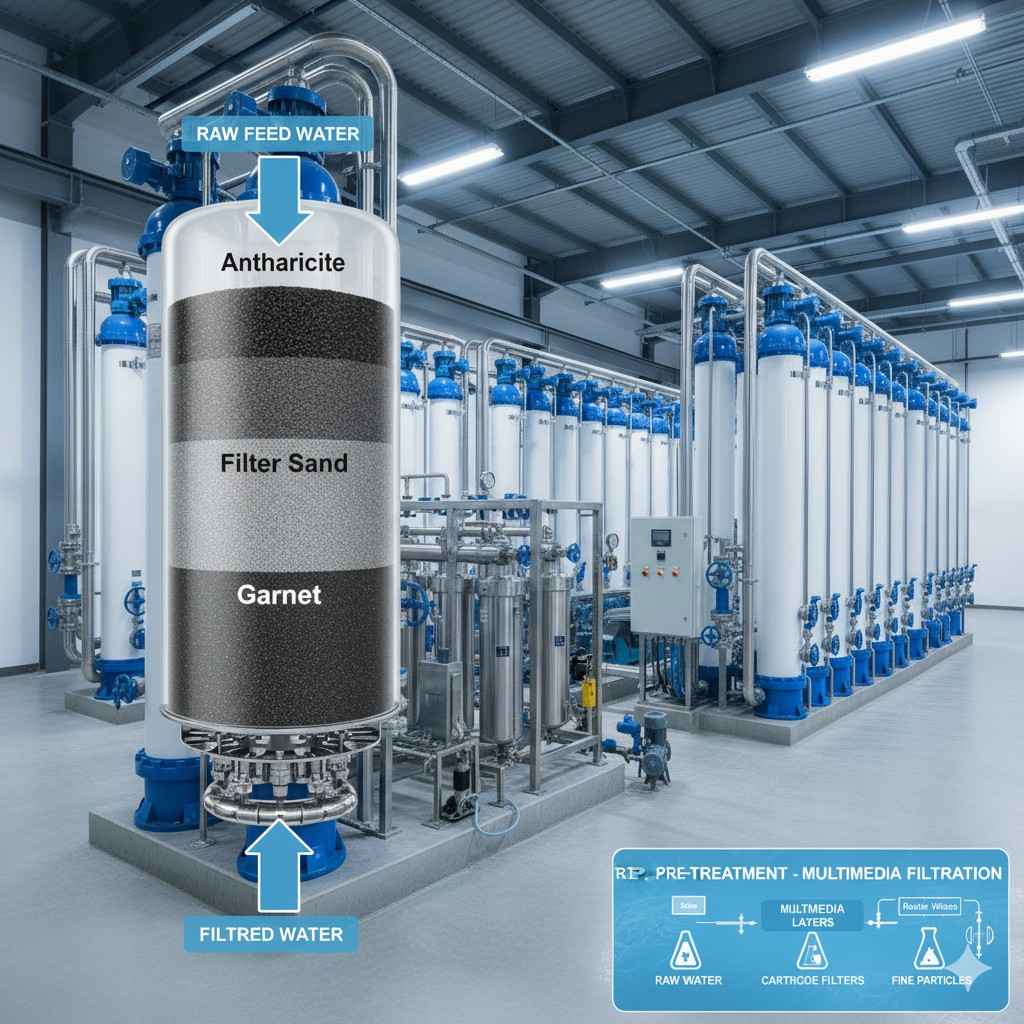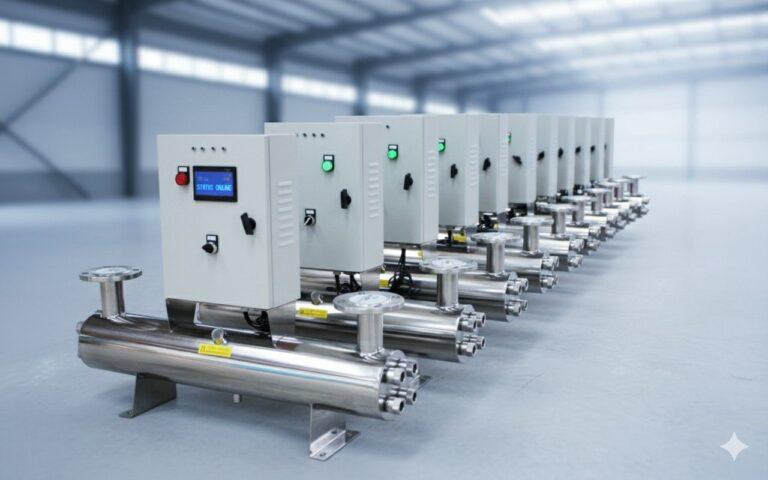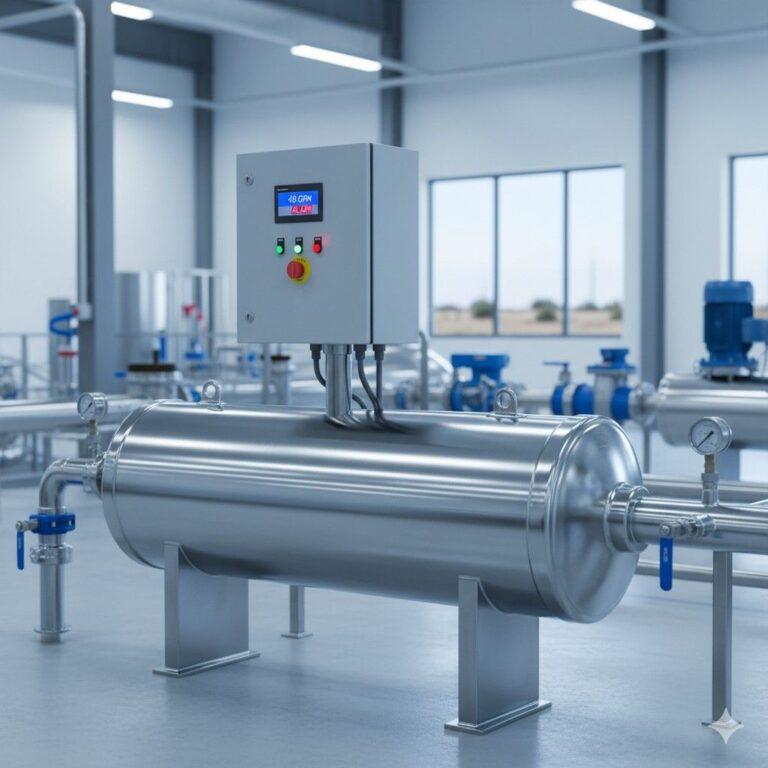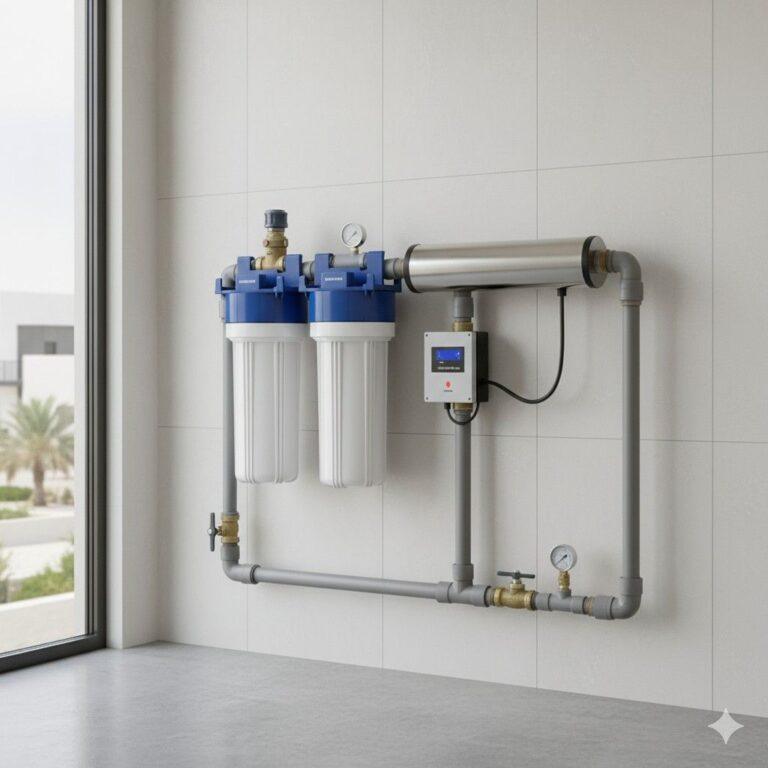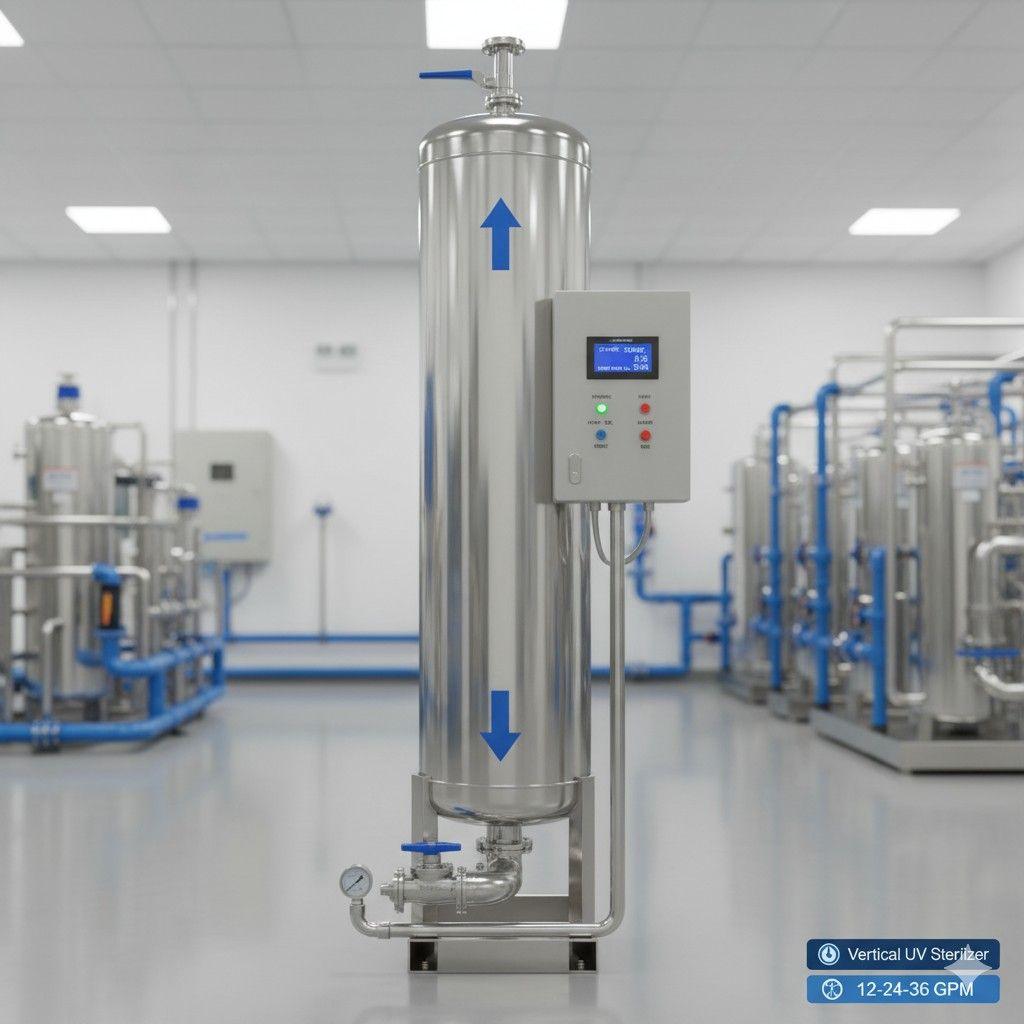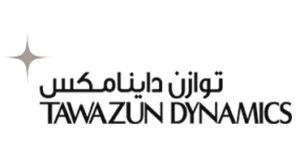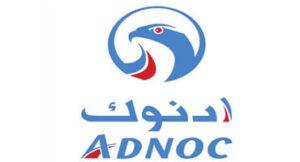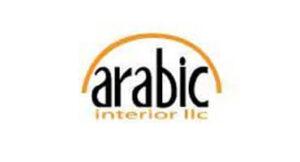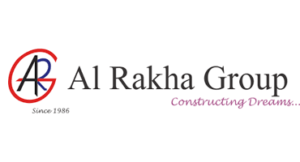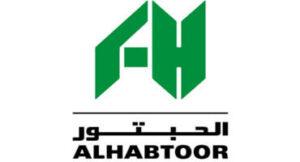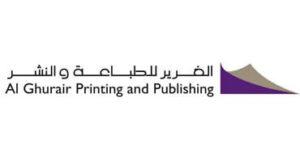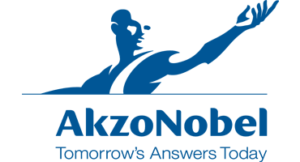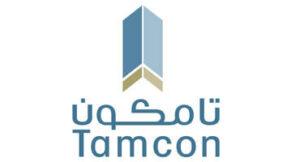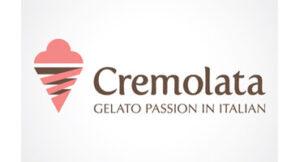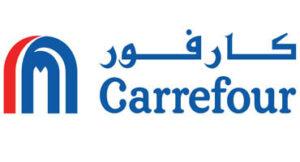- Water Filtration System Suppliers In UAE
- +971-544942902
- Info@innovators-dubai.com
- Home
- Why Innovators
- Industrial
Industrial RO Plant
Industrial RO Plant for High-Quality Water Purification.
Containerized RO Plant
Mobile and Ready-to-Use Water System.
Ultrafiltration UF System
Systems for Fine Water Filtration.
Sea Water RO Plant
Seawater RO Plant for Reliable Desalination Solutions.
Self Cleaning Filter
Self-Cleaning Filters for Continuous Water Filtration.
Industrial RO Membrane
RO Membranes for Efficient Water Treatment.
Brackish Water RO Plant
Brackish Water RO Plant for Efficient Salt Removal.
Multimedia Media Filter
Filters for Enhanced Water Filtration.
UltraViolet UV Sterilizers
UV Sterilizers for Safe and Clean Water.
- Commercial
Portable RO System
Clean hydration made it mobile and flexible.
UltraFiltration UF System
High-efficiency barrier against impurities.
Water Filter System
Clarity and safety in every fluid stream.
Multi Media Filter
Layered treatment for consistent clarity.
Water Softner
Remove hardness, extend appliance life.
UltraViolet UV Sterilizer
Chemical-free process for safe disinfection.
Water Deionizer
High-purity output for critical processes.
Water Makers
Salt conversion units for fresh output.
Self Cleaning Filter
Automatic rinsing for steady operation.
- WHO WE SERVE
Agriculture & Gardening Use
Boost crop yields with clean water flow
Foods & Beverage
Safe, purified supply for food plants.
Pharmaceuticals
Precision water for sterile processes.
Textiles & Dyeing
Enhanced dye quality through filtration.
Chemical Manufacturing
Pure input for critical formulations.
Oil & Gas
Filtration support for fluid handling.
Marine offshore & onshore
seawater RO & water makers will be there.
Perfume Manufacturing
Consistent purity for aroma creation.
Paints & Coating
Clean inputs for smooth surface finish.
- Blogs
- Products
- Contact Us

